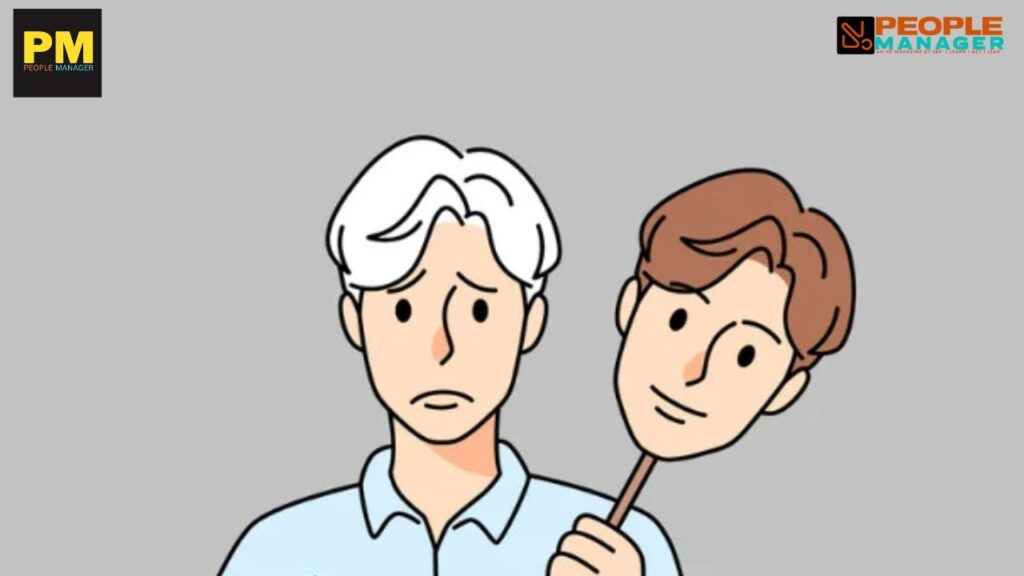Age Discrimination Increasing in hiring: Survey
According to iHire's the most recent study of over a thousand jobseekers, 33.6% of those over 50 think they encountered ageism when looking for a new job.

Age Discrimination is increasing in hiring, A Global survey revealed
Jobseekers above the age of forty-five face age discrimination in the hiring process from employers. It is becoming more difficult for older job searchers to find work. Discriminating against job applicants based on their age, according to a new survey that discovered older candidates have experienced this when looking for a job.
“Employers must do some soul-searching to ensure that each candidate is evaluated based on having the skills to do the job and that their work environment is inclusive across all generations,” Lori Colee, an iHire certified career coach, stated in a press statement.
Ageism during job search
According to iHire’s the most recent study of over a thousand jobseekers, 33.6% of those over 50 think they had encountered ageism when looking for a new job.
Among these respondents, they experienced ageism when:
- Although they were equally or more competent, a potential employer chose an applicant younger than them for a position (53.8%).
- An employer (49.2%) did not react to their application.
- After an interview, an employer did not respond (47.7%).
- An employer offered them a salary that was less than what they were worth (22.1%).
The findings are consistent with other studies that show ageism is still common in the workplace.
In New Zealand, 71% of 500 people over the age of 50 felt ageism is pervasive in the workplace, with 30% believing it has increased in the last five years.
In Australia, 17% of HR professionals confessed that they “actively exclude” people aged 65 and older from job opportunities.
Ageism at the workplace
However, age discrimination does not end with the job hunt, as 23.1% of iHire respondents reported encountering ageism on the job. Among these encounters are:
- Seeing a younger or less experienced employee get promoted instead of them (43.6%)
- Hearing a coworker make a comment or ask an inappropriate question about their age (35.5%)
- Hearing a manager make a comment or ask an inappropriate question about their age (34%)
- Getting overlooked for or denied a pay raise (28.5%)
- Getting excluded from certain social events or team building activities (22.1%)
“To combat ageism and get more interviews, jobseekers can try tactics such as removing dates from their resumes and utilizing a hybrid format highlighting their most recent and relevant experience,” Cole said.
In a tight labour market, older job prospects have long been recognized as a talent pool with high hiring potential. However, as the Great Resignation fades, Cole claims that older workers are finding it “more difficult to gain traction.”
“Jobseekers can try tactics such as removing dates from their resumes and utilizing a hybrid format highlighting their most recent and relevant experience to combat ageism and get more interviews,” Cole added.
Preventing ageism at work
According to the respondents, employers could prevent ageism in the workplace or during the hiring process by:
- Using “blind” recruitment tools that anonymize applications (such as removing dates from resumes) (54.5%)
- Using skills-based assessments or sample tests in the hiring process so candidates can prove their qualifications (51.9%)
- Providing an anti-bias and/or diversity training for managers (45.5%)
- Encouraging collaboration, team building, and mentorship opportunities across all age groups (45.5%)
- Financial Crisis Cannot Compel an Employee to Work, Resignation Rejection Amount to Bonded Labour: Kerala High Court. - February 17, 2026
- Pernod Ricard India introduces Cheers VRorld, an industry-first VR-powered onboarding experience in the Alco-Bev sector - February 11, 2026
- Jio-bp Appoints Sareeta Bhatikar as Chief Human Resources Officer to Steer Next Phase of Growth - February 11, 2026








